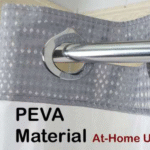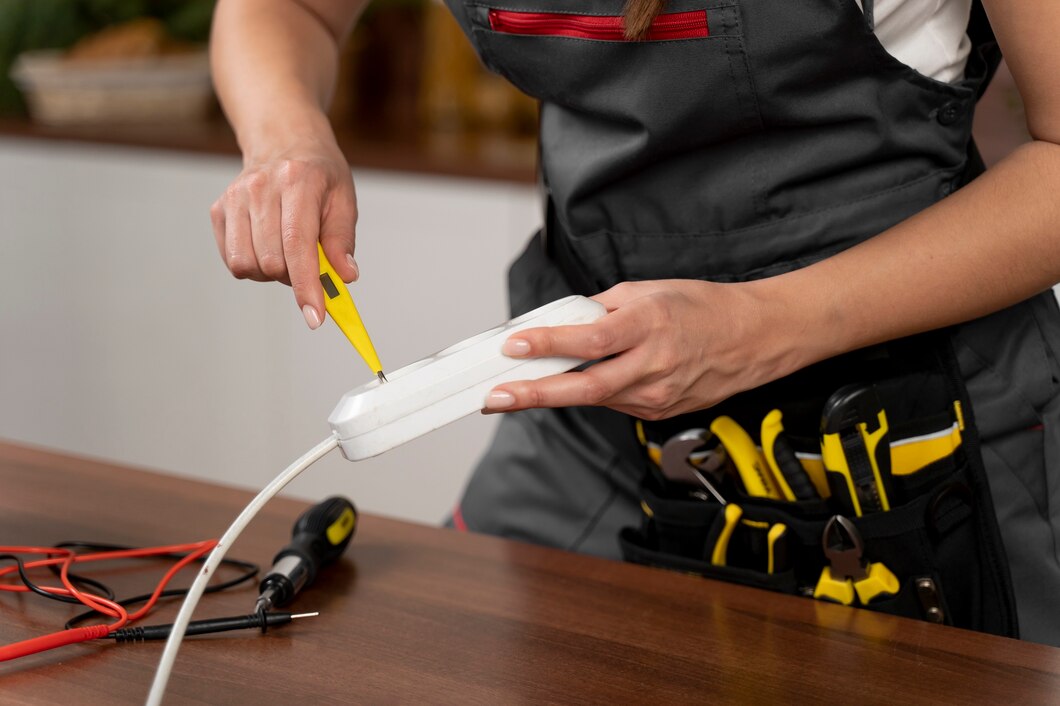Ensuring the safety and integrity of your home’s electrical wiring is crucial in protecting your family and property from the dangers of electrical hazards. Faulty wiring can lead to fires, electrocution, or significant damage to home appliances. By implementing a few practical tips and safety measures, you can minimize these risks and maintain a safe living environment.
Conduct Regular Inspections
Regular inspections are the cornerstone of electrical safety. They help to identify potential issues before they escalate into serious hazards. Homeowners should schedule professional inspections at least once a year, especially if the house is older or if you notice any signs of electrical problems, such as flickering lights or frequent circuit breaker trips. A qualified electrician can detect underlying issues that may not be obvious to the untrained eye and provide necessary repairs or updates.
Use Proper Materials
The use of appropriate materials in your home’s wiring system is essential. High-quality wiring and components reduce the risk of overheating and short circuits. When performing any electrical work or renovations, ensure that you use wires and cables suitable for the intended purpose and environment. Consider using durable options like conduit systems to protect wiring from physical damage. For instance, the use of anaconda sealtite can provide an additional layer of protection against moisture and physical wear, ensuring the longevity and safety of your electrical installations.
Understand Electrical Load Limits
Understanding and respecting the electrical load limits of your circuits is crucial in preventing overloads, which can lead to fires. Each circuit in your home has a maximum capacity that should not be exceeded. Be mindful of the number and type of appliances plugged into a single circuit, especially high-wattage devices like air conditioners, heaters, and kitchen appliances. If you’re unsure about your home’s electrical capacity, consult with a professional to assess and possibly upgrade your system to accommodate your needs safely.
Implement Safety Devices
Incorporating safety devices like circuit breakers, fuses, and Ground Fault Circuit Interrupters (GFCIs) can significantly enhance your home’s electrical safety. Circuit breakers and fuses act as the first line of defense against overloads by interrupting the flow of electricity in the event of a fault. GFCIs are particularly important in areas with a high risk of electric shock, such as bathrooms and kitchens, as they quickly cut off power if an imbalance in the current is detected.
Professional Help for Complex Issues
While DIY enthusiasts may handle minor electrical tasks, it’s crucial to seek professional help for more complex issues. Attempting to fix advanced electrical problems without the proper knowledge and tools can lead to dangerous situations. Professionals have the expertise to address complicated wiring issues, install new circuits, and ensure that all work complies with local electrical codes and standards.
Educate Your Household
Education is a powerful tool in promoting electrical safety. Ensure that everyone in your household understands basic electrical safety protocols, such as not overloading outlets, avoiding the use of damaged cords, and keeping electrical devices away from water. Teach children the importance of electrical safety and the potential dangers of playing with electrical outlets and appliances.
Summary
Protecting your home wiring from electrical hazards involves a combination of regular inspections, using high-quality materials, understanding your electrical system’s load limits, and installing appropriate safety devices. Always prioritize professional intervention for complex issues to ensure comprehensive safety. By taking these proactive steps, you can safeguard your home against potential electrical dangers and provide a secure environment for your family.
Do you have any other tips or suggestions on how to protect home wiring from electrical hazards? Share them with us in the comments below!
Keep an eye for more news & updates on GlamourCrunch!











